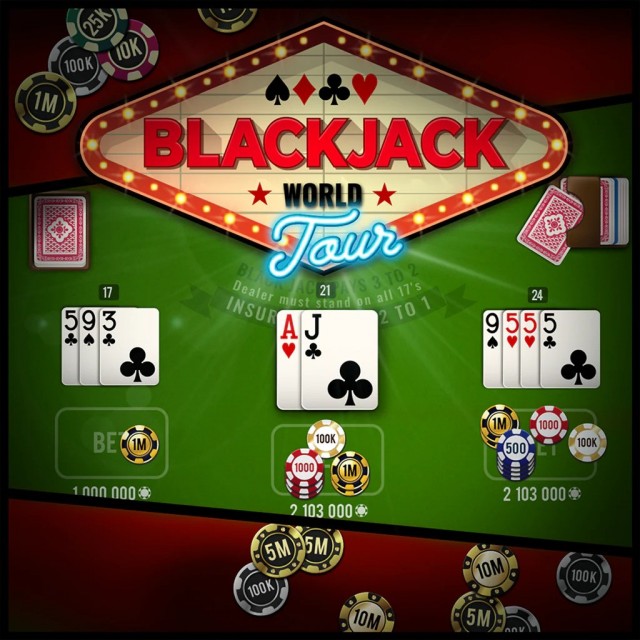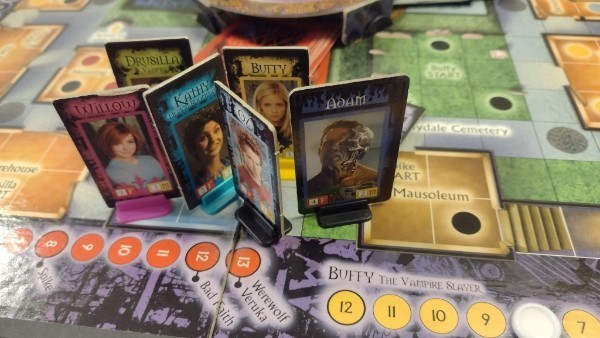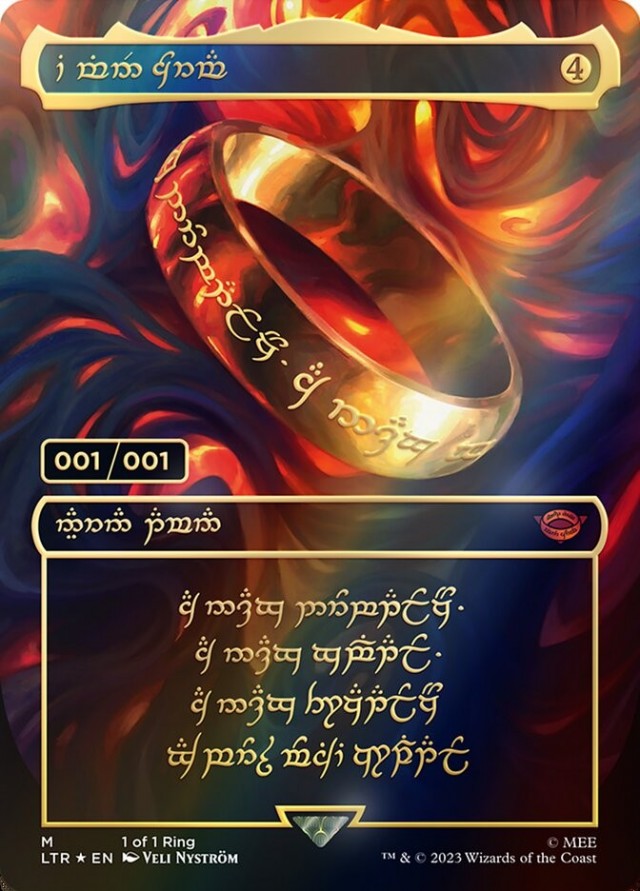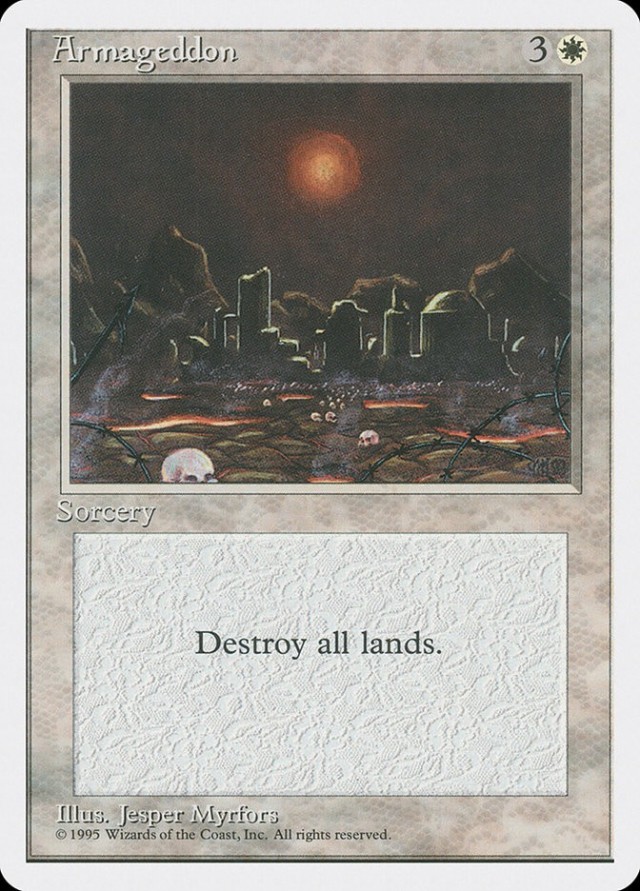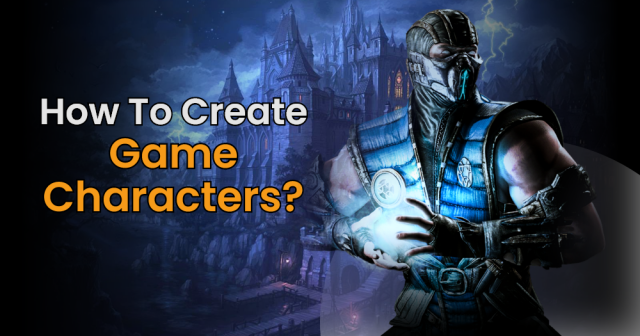The Wars of the Roses Triple Hit
In this post I’m really going to look at GMT's recent Crown of Roses, but I think the best way to do this is by comparison with two earlier games on the topic of the English Wars of the Roses; Columbia Games' Richard III and Avalon Hill's King Maker.
In brief I've had a lot of fun in my ten or so hours of playing Crown of Roses, but that ten hours comprises of two 2 player games and one four player game. For most people reading this that time investment will tell you what you need to know.
A History; I don't know how much Shakespeare you've read or watched but he covers much of the build up to the Wars of the Roses. “Let us talk of the death of Kings” is the famous line uttered by Richard II (1400ish) not long before he is usurped by his cousin Henry Bollingbroke who becomes Henry IV (another very good set of plays). Henry V was a strong King, but then his son Henry VI had questionable sanity and would rather just read poetry than run a country. During his reign Richard Duke of York decided he would follow Bollingbroke’s example and move the line of kings back to the Yorkist family from the Henry lead Lancastrian. What started as initially power politics over snubs in court steadily spiralled in to almost half a century of on off bloody wars. The main protagonists were the Yorkist and Lancastrian Royal families, but notable appearances were made by the Nevil family, who's most famous member was Lord Warwick nicknamed the King-maker and the Buckingham family.
That's the history these games are trying to depict, a dynastic bloody drawn out struggle lead by pretenders, Kings and the noble elite.
King Maker
King Maker is where the gaming history starts however. This game, for some reason, has become the giant that all the newer designs are trying to emulate. I am somewhat less long in the tooth than many gamers on this site or the internet in general, but I’m going to guess that King Maker was one of the first multi player war games to be driven by an event card deck, and one of the first games where area control or elimination of enemy troops was a secondary goal. To win King Maker you had to control one of the royal heir chits that sat at various castles around the game board, and then kill all the other heirs. It portrayed a history where the two houses, Lancaster and York were totally submissive and manipulated by the other nobles (the players). The game ran off a single card deck. From this deck you were dealt offices, nobles, troops etc, which you could then group and move around the board fighting stuff.
The game is probably best remembered for two of its mechanics; the first is the plague cards. Several of these cards were in the deck, when drawn you drew another card and looked at some micro text in one corner than named a city. Any nobles and their troops in that city died. Dead, period. This is one of the most brutal random mechanics I’ve ever seen in a game. The other mechanic was the parliament voting system. Every now and again (I can't remember whether it was a card draw or turn order thing) all the nobles in a certain area could attend parliament. The players would then vote to see which nobles got various titles and the troops/castles that went with them. It added an extra level of player interaction and subterfuge.
Richard III
Most people who played King Maker will remember games going on far too long and lots of random death. Most often games are called early and points are counted for kills of stuff. As I said for some reason gamers of a certain age look back at this game with fond memories and the cry for a modern replacement has driven the creation of several games on the topic. From a podcast interview (I think I've Been Diced) with Jerry Taylor I know that Columbia Games Richard III started out as a King Maker modernisation. If my memory of the interview serves me, Jerry after some time working on it, binned the King Maker idea, stating that it was too a historical and went for a two player approach instead. This was due to a change in the view of history. In the 1970s the idea that the two main houses, York and Lancaster were merely puppets of the other nobles was in vogue, now it’s not so mainstream. The conflict is viewed primarily as a two sided dynastic struggle. A two player block game would represent this well. Some of the King Maker heritage can be seen, there is a plague event card, but its affects are far more constrained.
And Richard III does. It’s a solid game. It uses the standard Columbia block system with a few adaptations and chromey rules to capture the brutality of the battles. I won't go into details on the game here, I believe that Matt Thrower has written a review of it somewhere, and I posted a badly written review of it on the geek sometime ago. There are three things this game does really well;
1. it deals with the time frame of the wars really well. Rather than giving you a really long game and scaling each turn to a year or decade or whatever, it splits the action into three campaigns. This allows the game to capture the essence of the ongoing multi generational conflict whilst cutting all the fat in between the out breaks of conflict.
2. Despite its simplicity and block game system it does a reasonable job of replicating the history. A case can be made for the race for concentration of forces being the determining factor in many of the wars campaigns. The winner was more often than not, the heir who got his nobles to raise their forces and collect together the fastest. Most battles were won by the larger more organised force. The losers were often waiting for that vital noble to get his troops down the road. This is a minor strategy spoiler, but to win a Richard III you need to master this art. Get your blocks on the board, and concentrate them into armies before your opponent does. Following this concentration, most campaigns result in one or two major battles, rather than dozens of smaller ones. Again this is a replicates the history fairly well.
3. Its short and easy to play. It takes about 30-45 mins per campaign, and you play a maximum of three (playing just one can be plenty of fun). The rules click fairly easily and the game just flows well. Battles and manoeuvres always feel important and the game doesn't bog down.
I also have three criticisms of the game;
1. The politics of the game is abstracted to a simple die roll mechanic. During a battle an heir can forgo an attack to attempt to make a traitor roll. If they roll well they can flip some noble blocks over to their side. Its an simple effective solution to the political turmoil of the period, but it does sort of under play that element of the conflict and is less interesting than the systems employed by both King Maker and Crown of Roses. This is a limitation of the game, but in the interests of maintaining quick game play a wise decision by Jerry Taylor.
2. The Lancastrian player is initially hard to play, but once you've worked out 'the' viable strategy it can become a little formulaic. A little spoilerish again. In my experience there is one good strategic approach for the defending (which is initially the Lancasterian player). Whilst the card and dice force some variety you are usually trying to achieve a similar opening board situation with each play, and then reacting to the Yorkist moves.
3. If one side gets hammered in the first campaign, the latter two can be dead rubber matches. You more or less have to throw all your dice in and try and ride the luck to catch up, otherwise you just suffer a slow death. This unfortunately is the inherent problem with splitting the game into rounds. If a player is rewarded for winning one round well then he or she will have a greater chance of winning the later rounds more easily.
The pluses with this game definitely out weight the negatives, and of the three games I am covering here this is the one I would recommend.
Crown of Roses
I think for many Richard III did quite scratch the King Maker itch they felt so bad. Come 2012 after several considerable delays in its development Crown of Roses was released. This game tries to be both a block game and King Maker. It has a modified (and slightly more complex) version of the Columbia block combat system, it has a card deck with nobles, extra troops and plague cards in it, it has more than 2 players, and it has a parliament phase for players to vote on who gets which titles and offices.
Crown of Roses is a kitchen sink game with block, CDG and King Maker ingredients stewing in the pot. A consequence of this is a 40+ page rule book, three different book keeping tracks on the board and a host of different chits and markers for each player to sort out and use at the appropriate juncture.
In brief you will draw a hand of cards, and have a permanent set of house cards too. On your turn you will play a card for either its event text or operations points (ala most CDGs). If you use the operations points, you might move blocks around and fight, place influence tokens of various denominations down on various nobles control boxes (in order to flip them to your faction later), or do something less interesting like heal some damage from your blocks. The battle system is just a flowery version of the Columbia system with some cool colored dice and some badly written rules for switching blocks around between rounds. After each player has played a predetermined number of cards you do about 5-10 minutes book keeping, adjusting markers on various tracks depending on what territories you currently occupy, and flipping the allegiance of various noble blocks depending on what influence chits were secretly played on them and then finally all the nobles go to parliament for a political bout. You vote for a king and then political offices such as the treasurer in a manner not dissimilar to King Maker.
I like many of the mechanisms of this game. The hidden betting on the alegence of nobles is a great way to stick the knife of paranoia into your opponents, the voting system encourages very temperamental alliances and cut throat player politics. The battle system remains fun and interesting, and whilst I tend to take the operations points instead some of the event cards are really interesting. However the best stews make the most out a few ingredients. If you put in to many (i'm really making the most out of the cooking analogy) flavours they end up cancelling each other out. There is simply too much going on to play this game in a reasonable amount of time. In a four player game you are looking at about an hour per turn. There are nine turns and it will go the distance, unless the players are being very reckless. The rules explanation can easily exceed 30 minutes and then the set up is not exactly quick. On your turn you are often presented with far more decisions than you really need. There are three ways to win, but you can only focus on one or two, each card gives you usually at least 3 good ways to use it. It’s easy to become lost as to what you ought to be doing. In the games I’ve played we often took the action that seemed most fun rather than strategic.
In terms of winning, as I said there are three routes. One is to be elected king five times. It is difficult to see this happening often. As no player is going to vote for someone who has already been voted in 3 or 4 times. Technically a player could accrue enough vote points (through control of nobles, offices and certain cards) to out vote the other three players but this would only happen if they were a long way in the lead on board position. The second way is to kill all your opponents heir blocks. Each faction has about 5, so that’s 15 enemy blocks that your opponents are trying to protect that you need to kill. Not an easy ask as player tend to turn protective after losing one or two. Thirdly you can win a points victory by controlling certain types of territory at the end of the card play phase. This leads to lots of lame point farming moves on the last card play of a turn. It can create some good battles but more often than not just the splitting of forces to swipe more territory. Given the difficulty of achieving the first two victory conditions, you could easily view them as being redundant. The third condition is rather gamey and a bit of a cop out. It’s worth saying at this point that I only have 3 games of this down, and only one of those with the full four players. However from this 10+ hours of experience my assessment stands. In the two player game (which is quite good, but the politics doesn't really kick off) all three victory conditions are more viable.
Whilst it’s true that more than just the Yorkists and Lancastrians made gambits for the throne, at any one time there were only two sides engaged in armed struggle. Thus a four player game struggles to retain any semblance of historicity. Rather than concentrating to fight a few key battles the action is split amongst many minor battles over territories rather than heads. In the Wars of the Roses some battles were fought over key castles and London, but most were challenges of supremacy. If I win, that shows that I am strong in front of the nobles and people and have Gods divine favour. Pretenders to the throne generally sort battle. Given that only one path to victory in Crown of Roses requires killing, players are often encouraged to avoid larger conflicts and simply swipe poorly defended territory. I don't require perfect historicity from all historical games I play. But I do expect, or at least admire games that make a good fist of it at their relative complexity level. As I’ve already said I think Richard III does a decent job. I wouldn't put the word simulation on it, but it feels about right, it describes the historical story in broad strokes. Whilst Crown of Roses has far more detailed historical events in its card deck, more chrome, and the politics, I cannot say the same.
Having decided that Crown of Roses was too bloated I did consider what I would cut out if I was the games developer. Initially I thought about ditching the card mechanics, but now i've had a better idea. What the game does really well is the politicking. It’s the board manoeuvres that are weak. Perhaps the game could be presented in a similar fashion to Valaada's Through the Ages, simply drop the board. Given that historically most campaign seasons resulted in one major battle, the game could be about the politics leading up to that battle and the combat during it.
Despite my complaints, I have actually had more fun with Crown of Roses than either of the other games. Those ten hours have been fun. Perhaps it’s my group, or simply that I quite like overly long and complicated games. I doubt Crown of Roses will still be sitting on my shelf in a few years time though. I can't see it hitting the table enough. Also, at the moment I’m still young, but I wonder whether I will hit that age when I cannot be bothered with long rule books (this is something i've noticed in more people than just Barnes, perhaps it’s a common trend).
The Wars of the Roses remains a hot topic for board games. I know Z-Man released a King Makeresc game that I haven’t played, and I’ve P500’d Borg’s latest Men of Iron Blood and Roses instalment. I wouldn’t be surprised if more games follow.
 Games
Games How to resolve AdBlock issue?
How to resolve AdBlock issue? 
